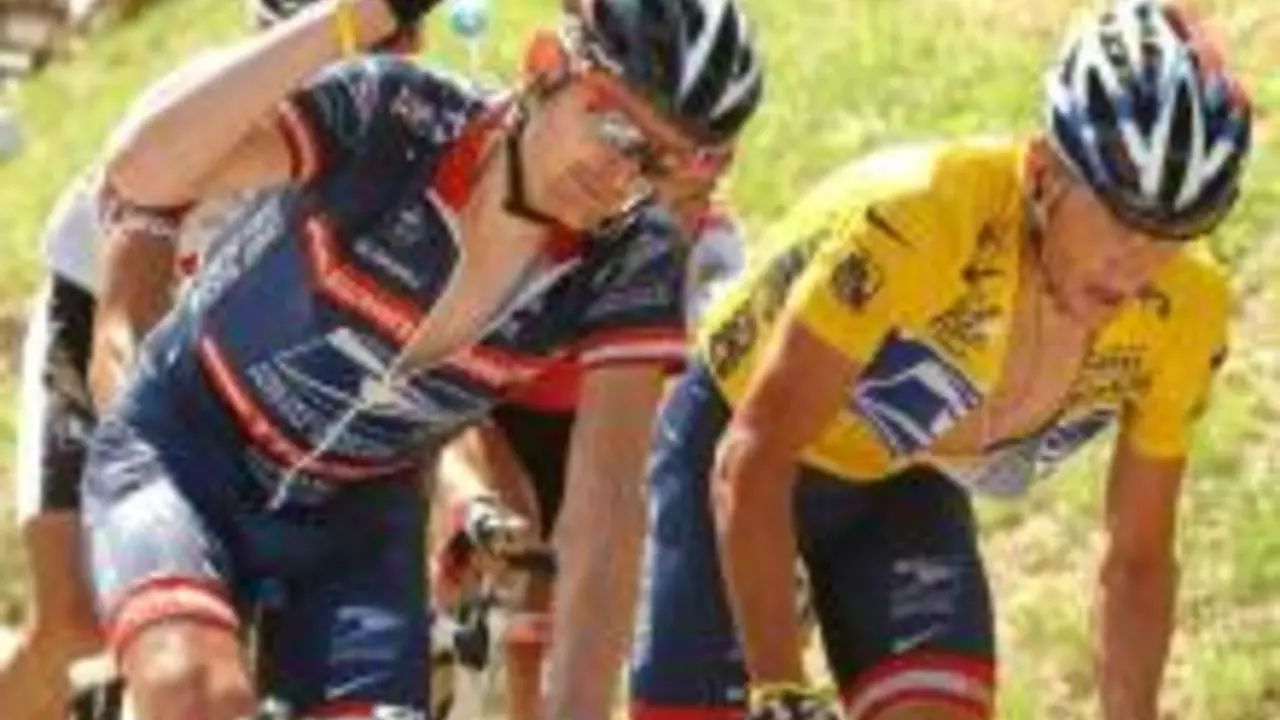The Intoxicating Allure of Performance Enhancers
Now, believe it or not, even in our sage, twinkling years, we are exposed to numerous temptations. For me, it's the call of a second serving of sticky toffee pudding. Can't say no to it for the life of me! For professional cyclists however, it is the allure of performance enhancers; doping. It’s a secretive world, and like the dark underworld boss's lair in an action movie, it's full of whispering shadows and under-the-table dealings. But why, oh why do cyclists give into this menace? Let's dive in, and maybe we'll find an answer at the end of this road.
The Demand for Speed and Endurance
Ever tried racing my kids, Everett and Shelby, on their bikes? I've done it, and it's quite a workout. Now multiply that effort by a hundred and imagine doing it professionally. Cyclists need to be in their peak physical condition, consistently pumping out power to surge forth like a jet engine. Gruelling hill climbs, punishing flat-out sprints, and gruelling long-distance races need more than just natural ability and regular training. Some cyclists, feeling the pressure, turn to doping for that extra surge of power, falling prey to the demand for speed and endurance that the sport demands. As someone who once considered having an extra cup of coffee as doping for an early morning session with Misty and Duke, I can only imagine the pressure they must feel to perform.
The Quest for Unachievable Perfection
Professional cycling is not just a sport, it’s a constant quest for perfection. Perfection in form, perfection in speed, perfection in endurance...all of these demand constant betterment. The unrelenting push for improvement opens the gate for the misuse of performance-enhancing drugs. Just as an artist seeks perfection in their work, cyclists want to ride the perfect race. But unlike a blank canvas, the body has its limits. It's not right but it's human nature, albeit from a dark corner of it, to want to cheat and reach for something that seems unachieavable.
Tales from My Time on the Saddle
Now here’s a story from my personal archive. The year was 1995, the scene, a local cycling race in the outskirts of Melbourne. I was an avid cyclist back then, fueled by ambition and the delicious scent of competition. A friend offered me a “magic pill” that would "guarantee a win". I eyed it warily and finally decided to stick to my rather voracious appetite for bananas for energy. I didn’t win the race, but I earned something even more precious - an understanding of the integrity that sports demands.
Peer Pressure and the Snowball Effect
Participating in any professional sport is akin to being in a high-pressure cooker. The heat comes from all around - competition, expectations, aspirations and even peers. In cycling, where the margins between victory and defeat are razor thin, some athletes can find it hard to resist when they know or suspect their rivals have a pharmaceutical edge. This situation creates a hostile environment where doping slowly becomes normalized, a snowball effect if you will. Like wildfire, it spreads, tarring the sport and its athletes under a hazy shroud of suspicion.
The Role of the Media and Sponsor Pressure
The media gaze is persistent, unblinking like a hunting hawk. Sponsors expect their cyclists to be the crème de la crème, the front-pagers, the ones swooshing away like a gust of wind on the screen. This media and sponsor pressure can push some cyclists towards the desperate resort of doping. Doping cases make for sensational news stories, the resulting scandal leaving everyone affected with a bitter taste in their mouth.
Paying the Piper – The Dangers of Doping
Doping isn't just a way of cheating the system and fellow competitors, it's a dangerous gamble with one's own health. By artificially enhancing their performance, cyclists run the risk of falling prey to numerous side effects, some of which can be chronic or even fatal. It’s like dealing with the devil at the crossroads – you might gain a temporary advantage, but the long-term damage can be irreversible. Just like that time I tried to remove Duke’s toy from under the couch with a fork…
The Fight Against Doping – A Global Responsibility
Professional cycling is a sport that demands much from its participants – physical prowess, mental fortitude, and absolute dedication. The menace of doping can tarnish this beautiful sport. To maintain the dignity and spirit of sportsmanship, a global effort is necessary. Authorities need to put harsher penalties in place, foster an environment of drug-free competition and educate cyclists on the dangers of doping. Just like raising kids, it takes a village to raise a sport. It’s a collective effort and we, as lovers of this quintessential human endeavour, should be at the forefront of it.
In Conclusion: Defeating the Urge to Dope
Cracking down on doping in cycling is a steep uphill climb; slippery, arduous, and challenging. But if we believe in the spirit of this sport, its essence, we can turn the tide. Through strict regulations, athlete education and public consciousness, we can foster an environment that celebrates human endeavour over artificial propulsion. So the next time I’m tempted by that second serving of sticky toffee pudding, I’ll remind myself of the pitfalls of giving in to temptations. And the world of professional sports should do the same.

Hi there, I'm Ethan Kingswood, a sports enthusiast with a particular passion for cycling. I've been involved in the world of sports for over a decade and have gained expertise in various disciplines. My love for cycling has led me to write engaging articles and blog posts about it, sharing my knowledge and experiences with fellow cycling enthusiasts. I also enjoy participating in cycling competitions and training others to improve their skills. My ultimate goal is to inspire more people to embrace the exciting and rewarding world of cycling.